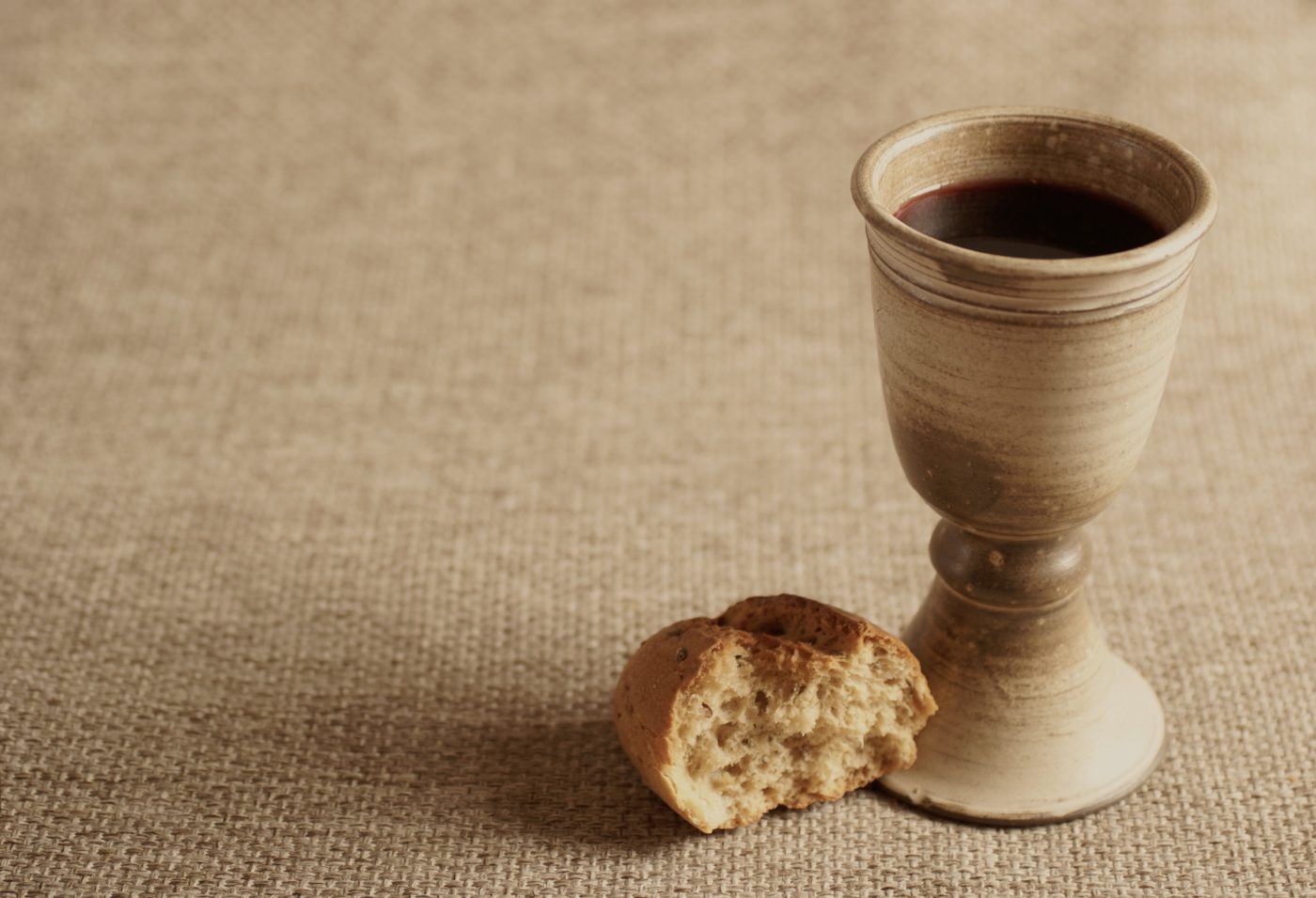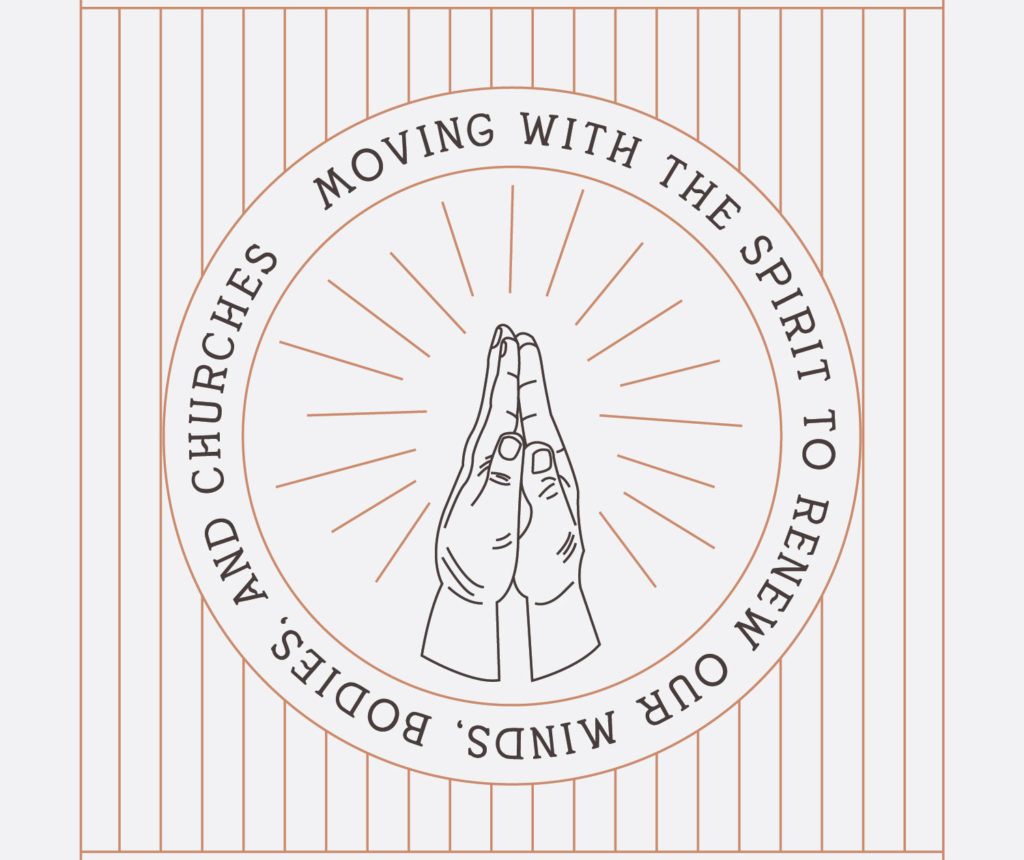
Preparing Your Church for the Lord’s Supper at Christmas
Staff meetings and church services in the month of December are understandably centered on the Christmas holiday. And I for one am grateful we’re taking the time to remember Jesus’ birth. The Incarnation is such an important theme to celebrate that Christmas will be one of two weekends during the year that we see people returning in big numbers to the church gathering.
In this article, I want to suggest that we leverage this opportunity to invite people to do more than just celebrate Jesus: I suggest that we use this opportunity to train our people how to commune with him.
A friendly reminder of something you probably already know: Jesus never asked us to remember his birth (again, I’m glad we do). But he did command us to take Communion and remember him (e.g., Matt. 26:26-29; 1 Cor. 11:23-26).
I fear that many of our churches have lost a sense of the importance of Communion. Christmas is a perfect time to draw people closer to the One they’ve come to celebrate.
God created us for deep community and rich fellowship with him and others. The Communion meal is a time of rich fellowship with Jesus and with each other. As 1 Corinthians 10:16-17 reminds us, “Is not the cup of thanksgiving for which we give thanks a participation [koinonia] in the blood of Christ? And is not the bread that we break a participation [koinonia] in the body of Christ?” I suggest we use this time of year to be intentional in calling disciples to a higher level of fellowship with Jesus.
“I suggest we use this time of year to be intentional in calling disciples to a higher level of fellowship with Jesus.”
Then, in Revelation 3:20, Jesus says, “Here I am! I stand at the door and knock. If anyone hears my voice and opens the door, I will come in and eat with that person and they with me” (emphasis mine). I believe this language again points to the Communion table. Christmas Sunday is a perfect time to remind the lukewarm that Jesus desires to “eat with them.”
This Christmas, can you make Communion a central feature of your weekend service, as you invite people to draw closer to Jesus in rich fellowship through Communion?
At the same time, there can be a couple of added wrinkles to getting people to church on Christmas. This particular year, Christmas falls on Sunday, and so some of our families will attend Christmas Eve but will choose to stay home Christmas Day. I know some churches that are planning to have Christmas Eve services but will cancel on Christmas Day. All the while, many people will be traveling to visit family and will not be in either service.
I propose that churches use these wrinkles as opportunities to be intentional in drawing people closer to King Jesus through Communion.
For those who aren’t going to attend in person, we can really step up in training them in how to lead their families in Communion wherever they are.
“We can really step up in training them in how to lead their families in Communion wherever they are.”
The ongoing effects of COVID on church attendance play a factor here as well. Although church leaders like to look ahead at the calendar and anticipate, there are the events that hit us with very little warning. Exhibit A is COVID. One individual described COVID as getting to the edge of the curb, looking both ways, stepping into the street, and getting run over by a submarine.
Since 2020, the statistics of those who have not returned to attend regular church gatherings are sobering. There are a lot of our members that continue to stay at home and watch online. Others have stopped attending in person and are no longer watching online, with no plans of returning.
I want to suggest that, for the people still at home, we need to step up in training them to be prepared for the central part of the church assembly: taking the Lord’s Supper. Two years into this season, it’s something we should have done by now. As churches that aspire to make disciples, this is an area we really ought to disciple our people in.
“As churches that aspire to make disciples, this is an area we really ought to disciple our people in.”
I am indebted to the teaching of Mont Smith (What the Bible Says About Covenant), who challenged me to look at theology as a target. The blood of Jesus is in the bullseye. The next ring out includes baptism and the Lord’s Supper. Can I remind you that there is nothing in the New Testament tied closer to the blood of Jesus than the Lord’s Supper (Matt. 26:26-28)?
I bring this up because, two years into COVID, I am still hearing online Communion meditations that start off with, “You may not be prepared for this time, so go into the kitchen and find what you can.” By now, we should have discipled our people for this central element of church, knowing that some have made the decision that online church is where they will be attending.
It has been said, “The best time to plant a tree was twenty years ago; the second-best time is now.”
It has to start with the leadership. Are you convinced that meeting around the table is a priority?
Steps to Take
Here are some steps I would suggest for you to prepare people at home or traveling to take Communion:
- Challenge the dads to lead their families in remembering that which Jesus asked us to remember.
- For those who will be at home or traveling, provide Christmas morning care packages: Communion cups, a Scripture reading, and a short devotion.
- Make use of the social media you already have in place. For example, e-mail updates, a short video challenging the fathers, ongoing reminders, etc.
- Start with the basics. Often people do not know where to begin. (For example, encourage them, when they order their groceries for pick up, to include Matza bread and grape juice.)
Let’s use Christmas Sunday, as an opportunity to be intentional and relational.
On Christmas morning, families will be opening presents, looking for their name on each package. In the words of longtime minister Bob Russell, “When you eat this bread and drink the cup, you draw near the cross. And, if you look closely, you will see your name written on the cross. Not that you died there…but to remind you that Jesus died there in your place.”









